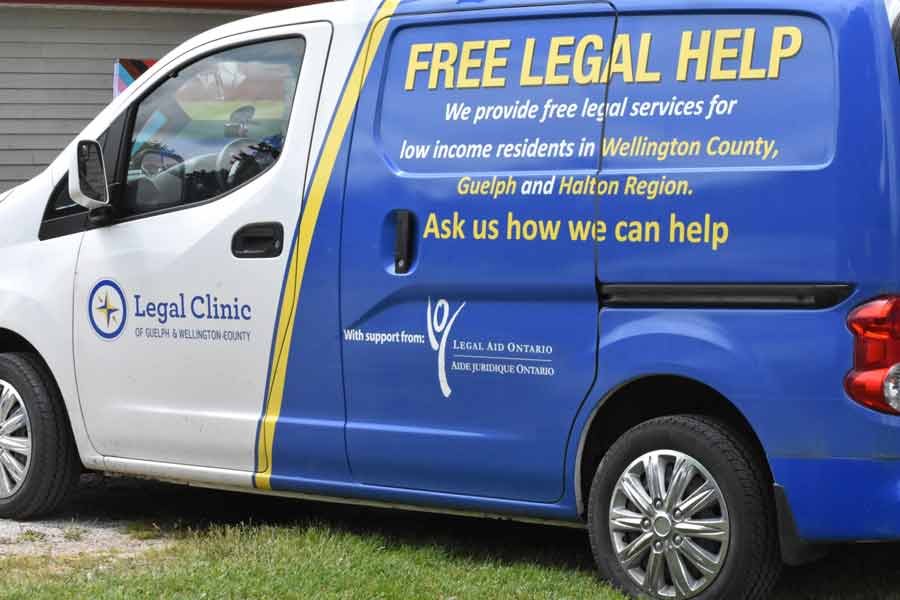WELLINGTON COUNTY – Indigenous people’s traditional names were often taken through the residential school system, the Indian Act, the Sixties Scoop, and other colonial practices.
Forced name changes were imposed on Indigenous people for “assimilation processes,” legal clinic community worker Maddy Smith told the Advertiser, “stripping people of their identity.
Smith’s daughter is Blackfoot, and Smith said when they connect with people from her Indigenous community, “the first question is always who is your family?
“When we take those lineages away and those names away, we are removing a history for people,” Smith said. “Names are such an important way to connect people to their identity and lineage.”
That’s why the Legal Clinic of Guelph and Wellington County is providing free commissioning and support services to Indigenous community members looking to change their legal names.
The clinic aims to “help people on that journey of reconnecting and taking back their names, and who they are traditionally and historically,” Smith said.
Indigenous people looking to access services from the clinic have the option of connecting with Ahwenehaode, or Lu Roberts, an Indigenous justice program coordinator who ensures support is offered in “culturally sensitive ways.”
This helps make navigating the legal system less intimidating and scary.
“There is a lot of harm that has been done by the legal system to Indigenous people,” Smith said, and Ahwenehaode’s work is “an attempt to kind of bridge those gaps and make it a more seamless connection.”
Ahwenehaode is a Cayuga word meaning “using kind and supportive words,” and is a name given to Roberts by Cayuga Elders.
Smith said the legal name change process can be challenging and emotional for Indigenous people, beginning with the injustice of needing to ask permission to get your name back from the same institution that took it away.
Smith went through the name change process with their daughter, whose last name “was almost lost because of the child welfare system and Indian Act.”
Finding traditional names can involve reconnecting with family and “diving back into processes that created a lot of trauma in your family,” Smith said.
But once the legal change has been made, it can restore people’s “sense of dignity and respect,” she noted.
It frees them from living a dual identity, with one Indigenous name and a second “white person name … or Christian name.”
Completing the legal name change process can also help people to reconnect with their history, family, and origins, Smith said.
For support from the legal clinic, call 519-821-2100, email clinic@gw.clcj.ca, visit the clinic at 176 Wyndham St. N., Guelph or the clinic’s Law Van in Mount Forest, Palmerston, Arthur or Harriston.
On June 26, the van will be at the Arthur library from 10am to 12:30pm and at the Harriston foodbank from 1:30 to 3:30pm.
On July 3, the van will be behind the Mount Forest TD bank from 10am to 12:30pm and the Palmerston Foodland parking lot from 1:30 to 3:30pm.
Though Ahwenehaode is not always present at the law van, “Lu is mobile and meets people out in the community often,” Smith said, and visits or phone calls can be arranged from the van.
The clinic also offers free name change services to 2SLGBTQIA+ people.



